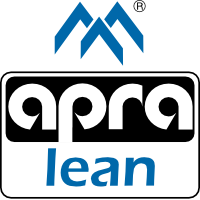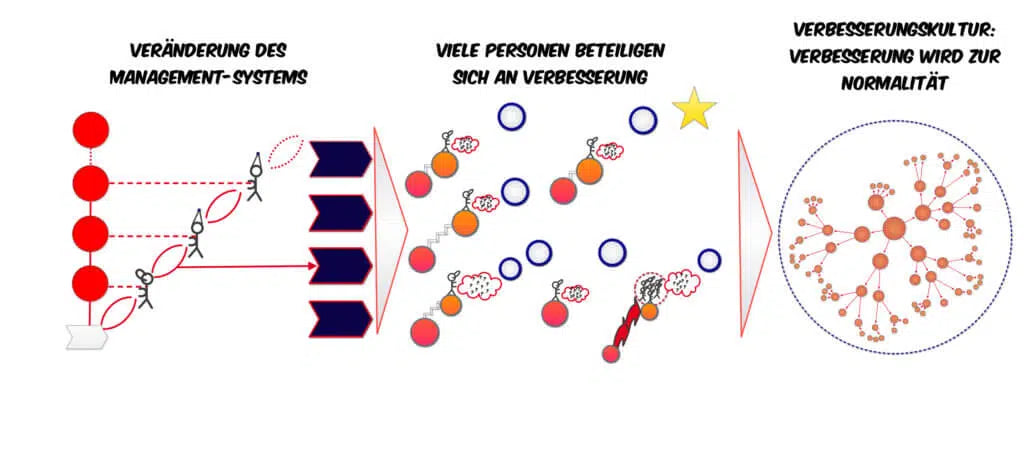
The Japanese term ‘KATA’ comes from martial arts and means ‘routine’. In the context of continuous improvement and increasing one's own competitiveness, the topic of leadership plays a decisive role. Managers in all areas and at all hierarchical levels can systematically and actively participate in these improvement activities together with their employees through Kata coaching. Kata comprises various elements. These include the improvement kata, the coaching kata, the 2nd coach kata and the kata practice.
Kata: stages and roles
The key roles are those of the improver, the coach and the second coach (2nd coach). The improver is responsible for implementing individual improvement steps, which are often carried out by the next working day. Implementation often takes place via process observations and recordings or small experiments. The kata represents the management standard, i.e. the routine in which the improver operates and which he internalises over time. Together with their coach, usually the next-highest manager, a next step is agreed at each appointment, which results from any obstacles that arise and their influencing factors.
These are the tasks involved in kata coaching
The coach is responsible for results and development, supports the improver through regular coaching sessions and sets the goal. True to the motto ‘only good leadership leads to good improvement’, the coach also has the task of deriving the specific direction for the improvement activities in his area from the company's objectives and anchoring them in the everyday lives of his employees. The regular coaching sessions, which always take place in the same way on the basis of the Kata, ensure that work on the objectives is continuous. The second coach (2nd coach) has the function of developing the coach and supporting him in learning the necessary leadership qualities and skills. He accompanies the Kata coaching at all hierarchical levels, prepares the coach for the discussions and provides constructive feedback. A continuous development process therefore also takes place here.
Kata coaching at apra
In the first phase of Kata coaching from autumn 2020, the management team and several other managers and department heads were trained at apra. After a few sessions in which the Kata system was first introduced and taught partly in theory and partly using small exercises, the participants were introduced to their own practical projects. These were selected and defined by the participants themselves. This included formulating the objective and the specific process description.
Continuous improvement process in practice
In order to measure progress and development, a continuous comparison is made between the actual and target state. This is based on specific, measurable process indicators. These can be, for example, processing times, the number of employees involved in the process or the frequency of faults. Selected practical projects included the systematic development of shopfloor indicators, the reduction of lead times for purchased part complaints, the self-organisation of the working day or the structured execution of inspections within a specified time. In all projects, the first successes quickly materialised thanks to constant work on the process and regular coaching sessions. Even obstacles that initially seemed complex were eliminated thanks to the solution-neutral approach and ‘thinking’ in small steps.
Conclusion: Kata coaching brings success - and new projects
All in all, the routine and successes quickly increased the motivation and drive of all participants to pursue the kata further and spread it throughout the organisation. As a consequence of the exclusively positive experiences and the results achieved, also in co-operation with the management consultancy Lean Partners Projekt Gesellschaft mbH & CO. KG, several new apra-Kata projects have now been launched in various areas of the company. Numerous other managers have taken on the role of ‘improvers’, familiarising themselves with Kata under the supervision of Lean Partners since mid-May and working with great commitment in their teams. Those managers who have already completed the first phase of Kata coaching and have already finalised their own projects are now acting as ‘coaches’. The medium-term goal is to develop this management culture
Our products
-
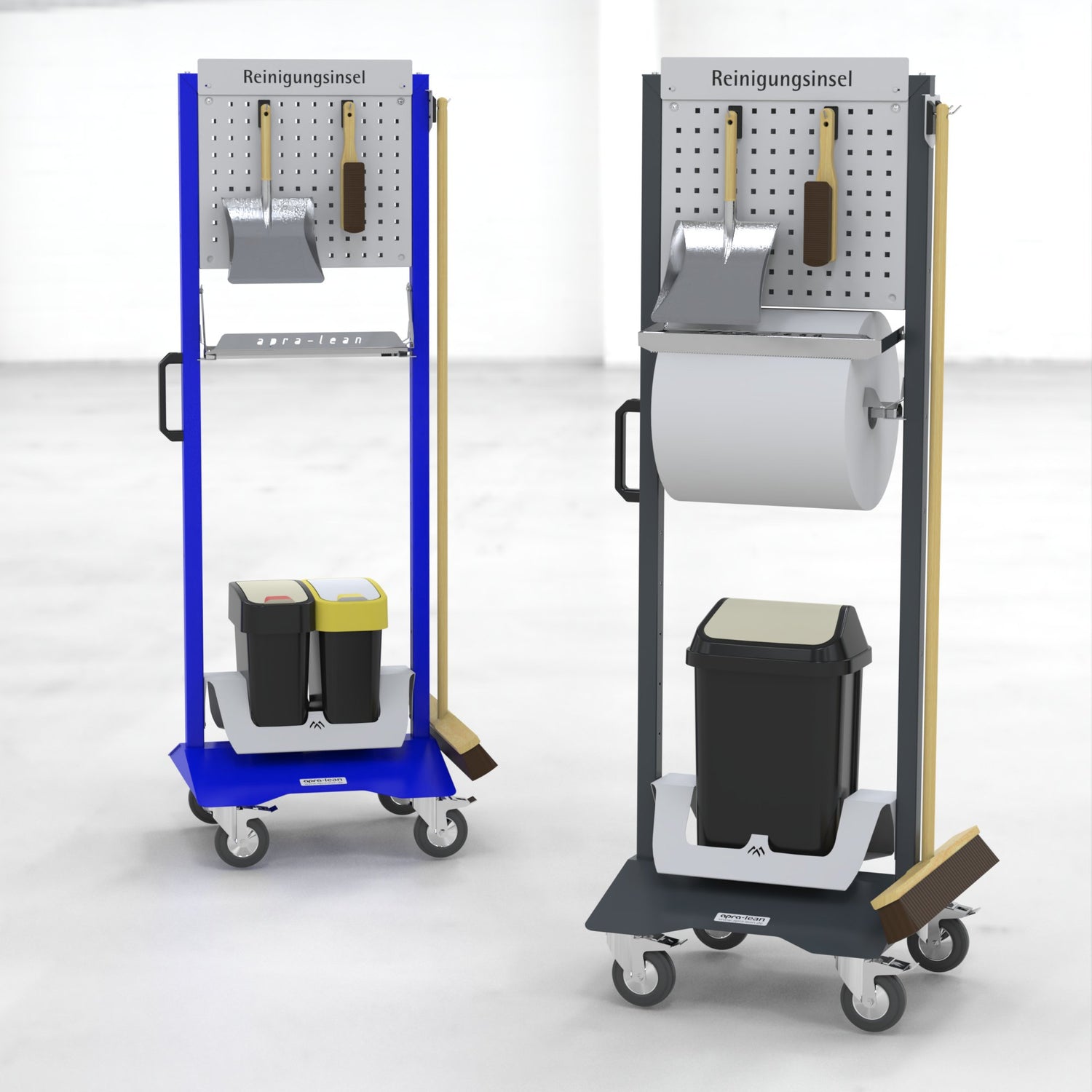
5S Cleaning and Hygiene
Cleaning stations for production, workshops and officesThe apra-lean cleaning stations offer an...
-
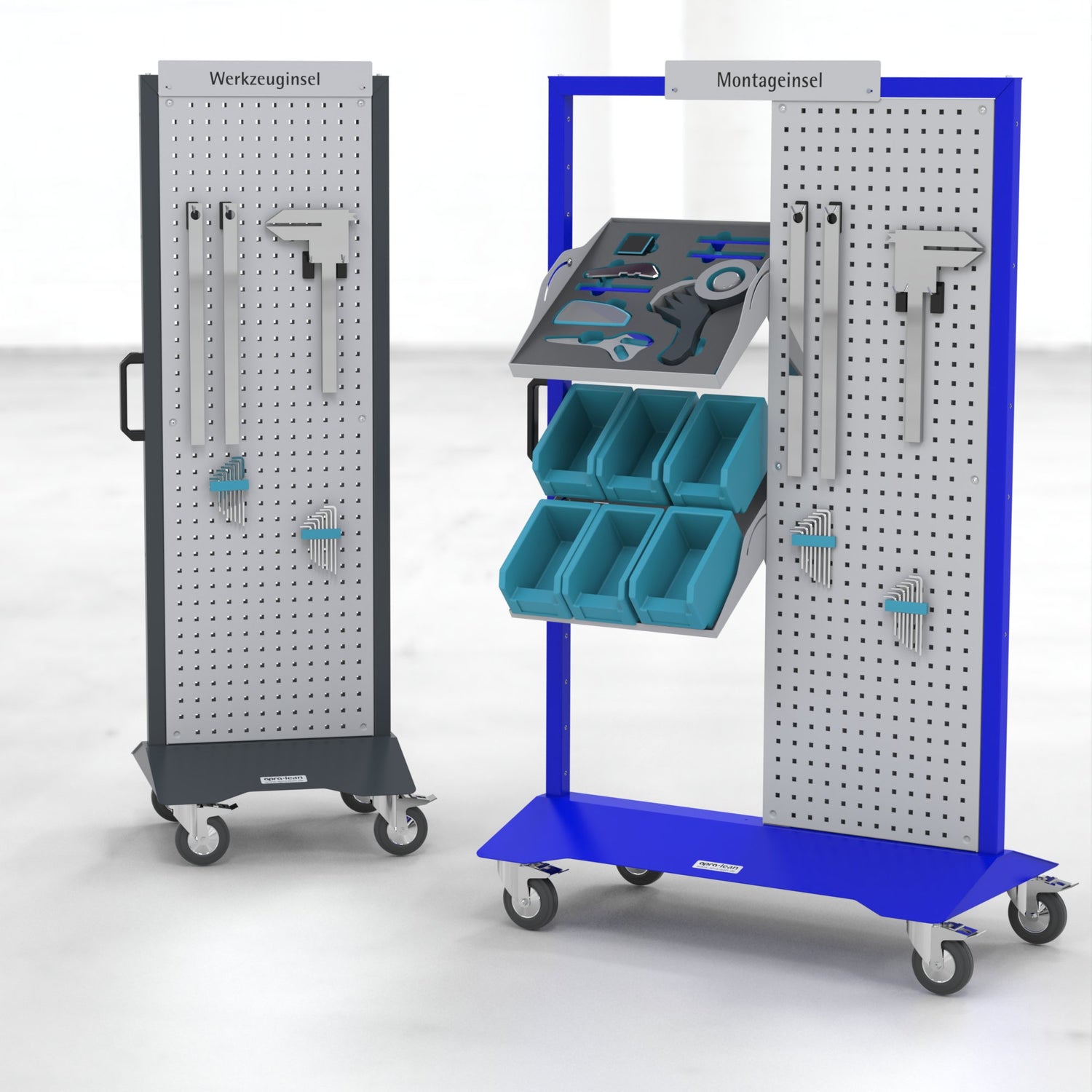
5S Production / 5S Assembly
Process stations for production and assemblyThe apra-lean process stations are compact and...
-
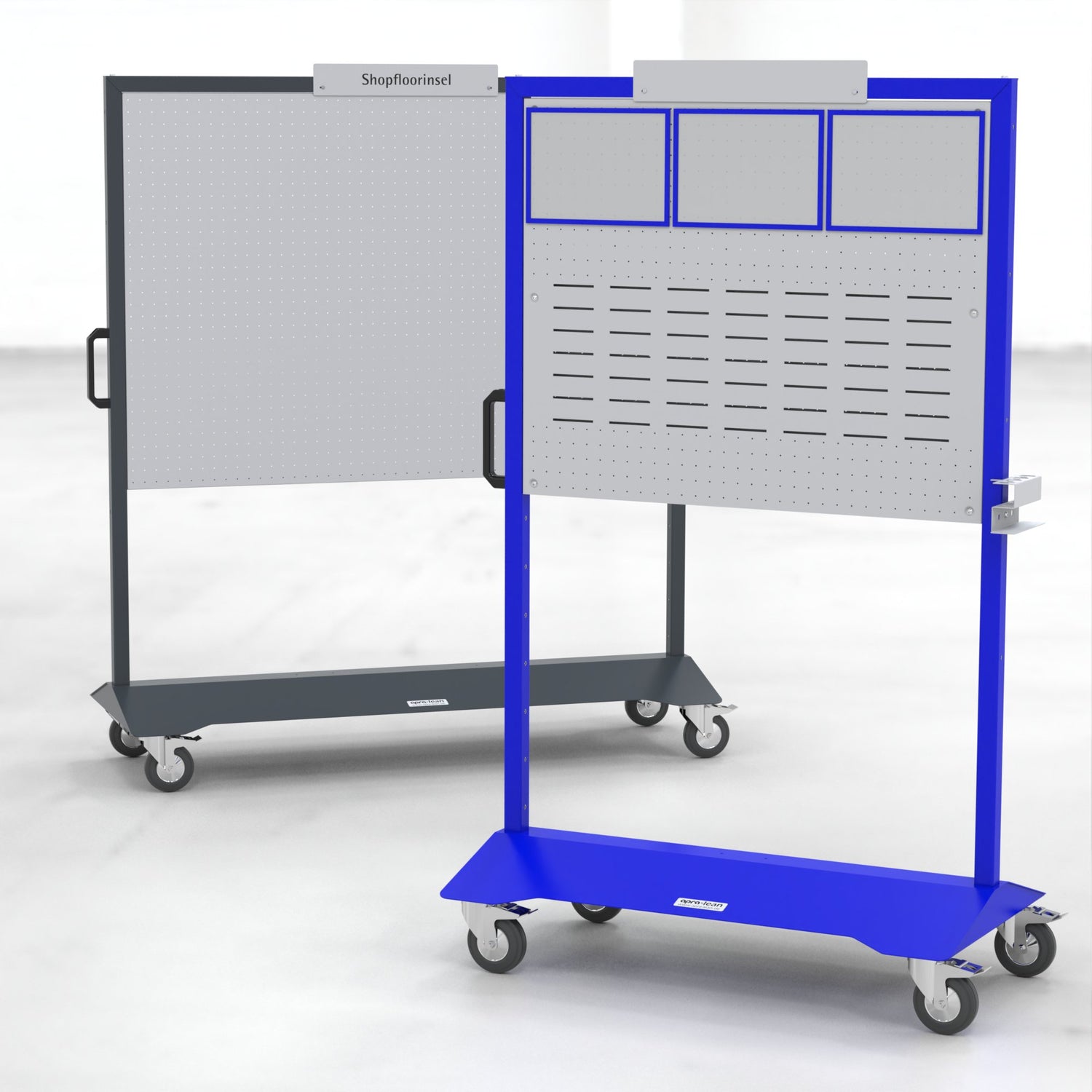
Shopfloor Management and Workshop
The shop floor station is a mobile information board for use in...
-
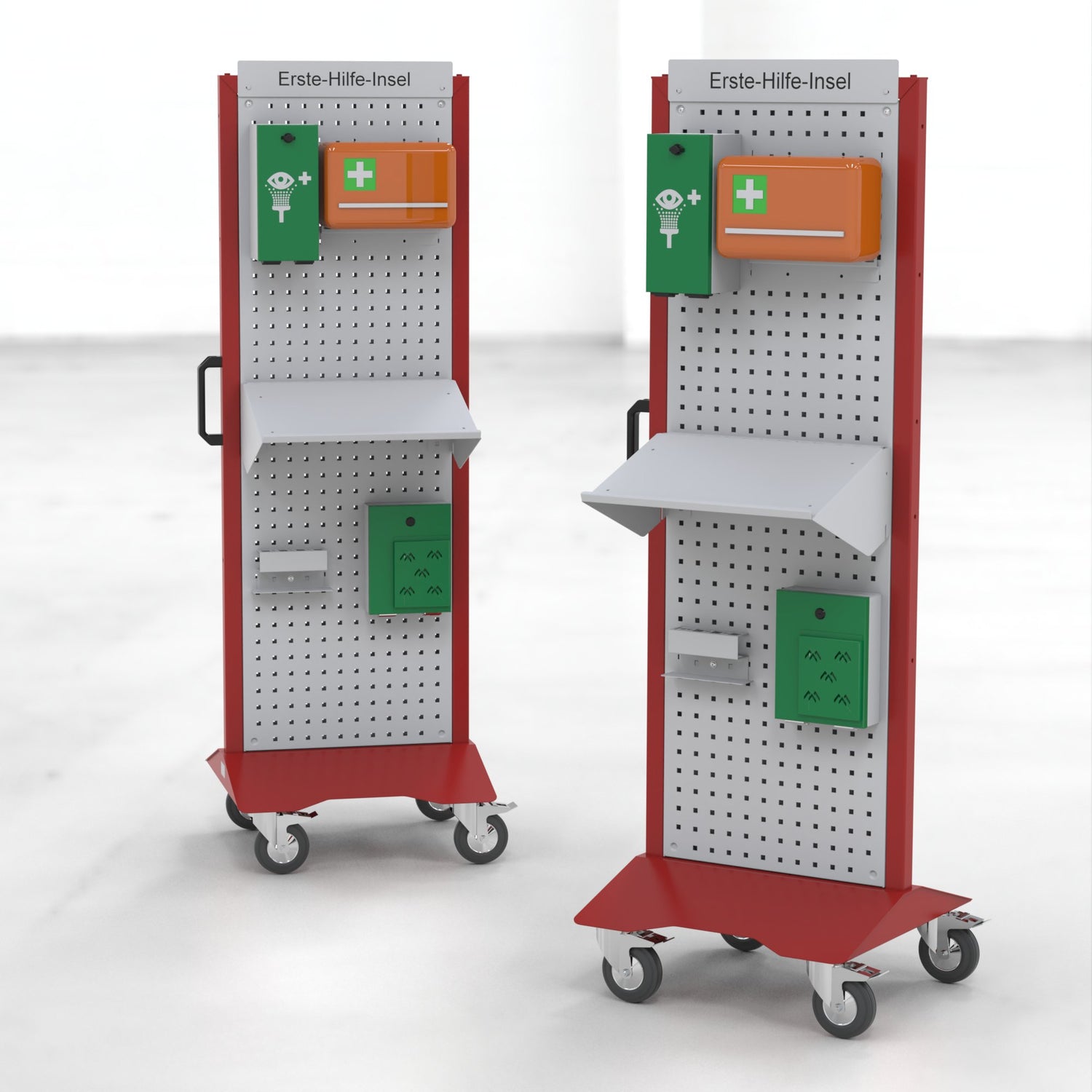
First aid and Safety
Safety and a quick response option in the event of emergencies in...
-
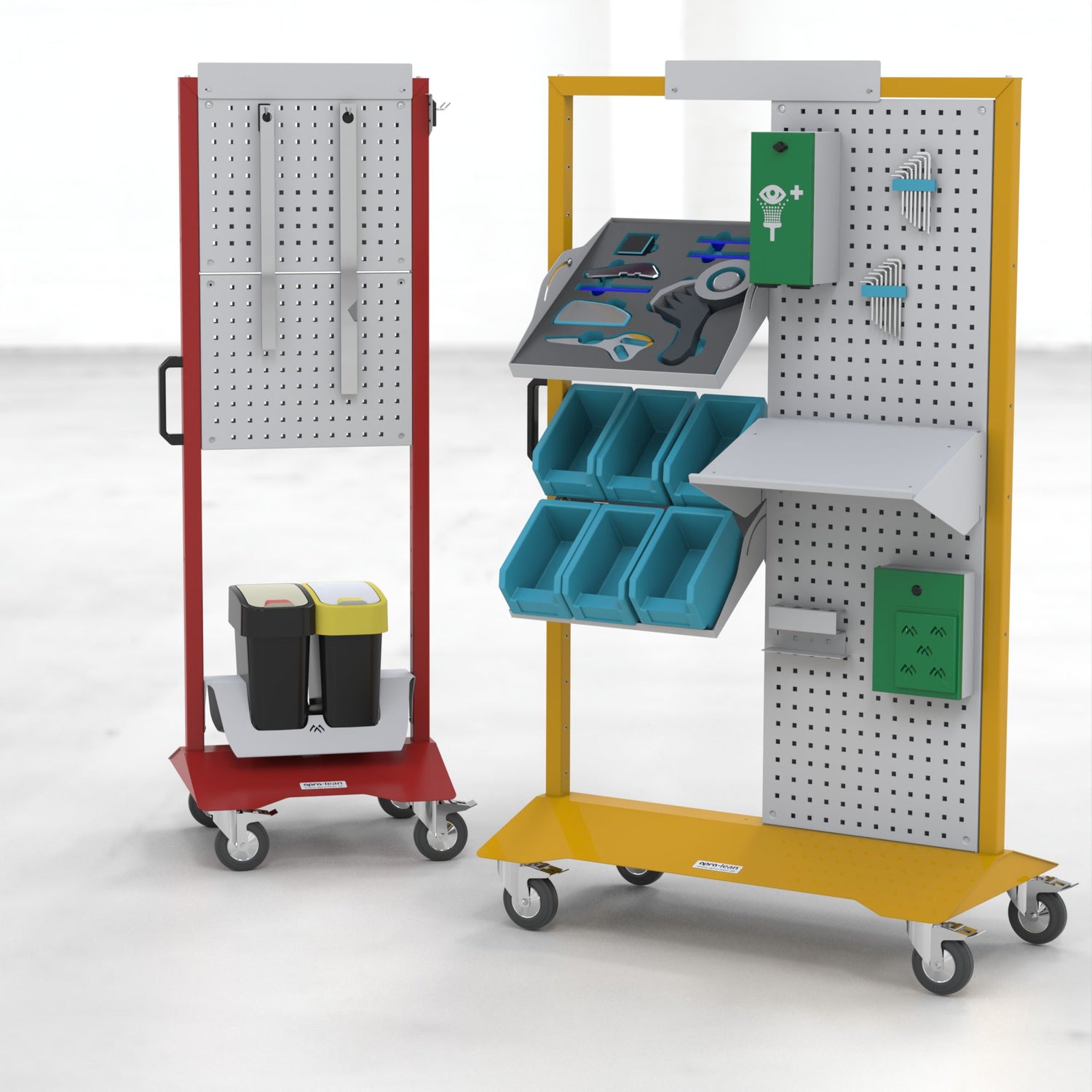
Customised solutions
Wir entwickeln gemeinsam die perfekte Lösung für Ihre Anforderungen!
